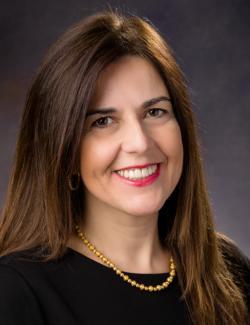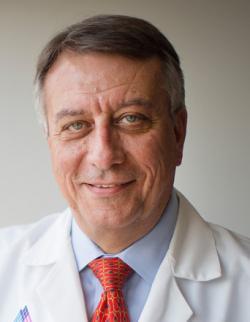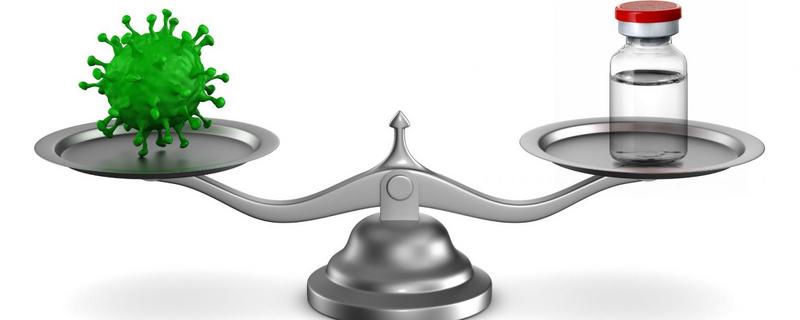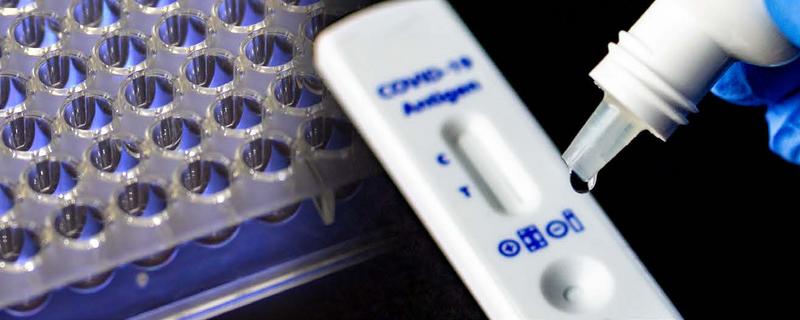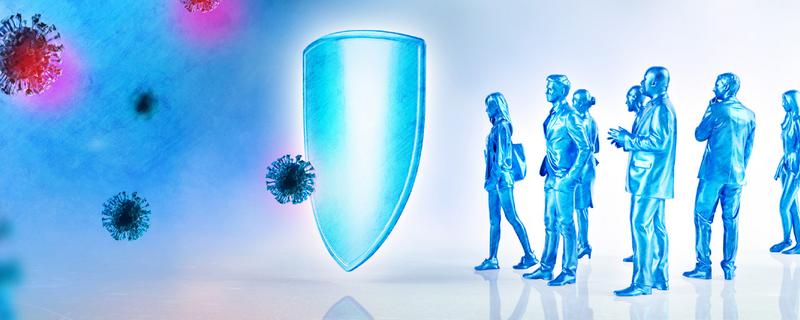The Food and Drug Administration granted an Emergency Use Authorization in August for immunocompromised individuals and in September for people aged 65 years and older to receive a third dose of an mRNA SARS-CoV-2 vaccine.
Studies are ongoing, but data collected so far indicate that a third, additional dose for these populations would be beneficial.
Helping and fostering the development of guidelines and recommendations for vaccinations and antibody testing, including for immunocompromised individuals, remains one of the Clinical and Translational Serology Task Force’s (CTTF) major goals and a continuing source of collaboration with the FDA and the Centers for Disease Control and Prevention. Planning for a trial of an additional vaccine dose in cancer patients and other immunocompromised people is underway.
Several studies have shown that two doses may not be enough in these groups. Cancer patients with solid tumors were previously shown to manifest low antibody responses after two doses of an mRNA vaccine. Those with blood cancers tend to have even lower levels, as do individuals receiving immunosuppressive therapies. People who underwent an organ transplant had some of the lowest antibody responses across a comparison of cohorts from various studies.
Capping it off, some people had no significant antibody response at all.
Meanwhile, “there are promising emerging results suggesting that a third dose of the mRNA vaccines enhances antibody response in individuals that did not respond to the first vaccine series,” said CTTF Co-chair Ligia Pinto, Ph.D., director of the Vaccine, Immunity, and Cancer Directorate at Frederick National Laboratory.
| Editor's Note |
|---|
| For data aggregating the studies on two doses, see the July 22 presentation by Sara Oliver, M.D., to the CDC Advisory Committee on Immunization Practices. For the four recent studies referenced, see Longlune et al., Neprol Dial Transplant, May 2021; Espi et al., medRxiv, July 2021; Kamar et al., N Engl J Med, August 2021; and Werbel et al., Ann Intern Med, June 2021. |
Several recent studies examined immune responses to a third dose in various cohorts of people who received an organ transplant or who were receiving hemodialysis. Of those who remained seronegative after two doses, between 33 percent and 50 percent became seropositive after receiving the third.
A third dose in people aged 65 and older can be similarly important. That group is at the highest risk of developing cancer. A malignancy would further jeopardize their immune systems’ ability to respond to SARS-CoV-2.
Antibody titers haven’t been confirmed as an official correlate of protection against SARS-CoV-2, but the scientific community recognizes antibodies’ importance in defending against infection and the disease. Efforts to measure responses and elicit stronger ones across patient populations continue.
A booster trial in cancer patients who didn’t generate detectable antibody levels after two doses of mRNA vaccine, involving a homologous and a heterologous third dose of vaccine, is under planning phases and discussion at the CTTF.


